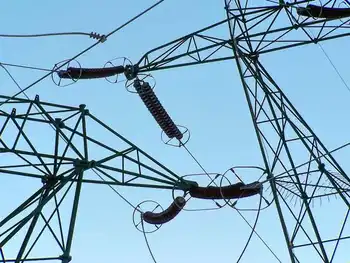Phoenix Solar eyes partner in China
By Reuters
CSA Z463 Electrical Maintenance -
Our customized live online or in‑person group training can be delivered to your staff at your location.

- Live Online
- 6 hours Instructor-led
- Group Training Available
The German solar systems builder is also looking for opportunities elsewhere in Asia and may open an office in Malaysia, which recently announced a plan to offer new solar incentives.
"Asia has huge growth prospects because so far it is so underpenetrated," Christophe Inglin, Phoenix's managing director for Asia Pacific, told Reuters on the sidelines of a clean energy conference in Singapore.
"We will definitely open an office in a country like Malaysia if the right conditions are in place," he said.
Malaysia earlier announced a plan to implement a feed-in tariff like Germany to enable users to invest in solar systems and sell excess power to the grid.
Like most in the sector, Phoenix was not immune to the collapse in demand for solar products after funding for projects turned scarce. But the company is set to take advantage of opportunities in growth markets including France and Greece, where state subsidies are driving demand.
That contrasts with Germany, Phoenix's biggest market, which is expected to announce new cuts in solar subsidies next year.
Goldman Sachs expects solar demand in France to expand 125 percent in 2009 after more than doubling last year. In Greece, demand growth is expected at 400 percent, after recording expansion of 900 percent in 2008.
China leads the region, with growth seen at nearly 500 percent this year, said Goldman Sachs.
"In developing markets we have to be opportunistic," said Inglin. "It's very difficult to predict where new markets will crop up."
The company is in talks with a Chinese firm to help boost its business in the mainland.
Asia business currently represents just over 1 percent of total company revenue. But Inglin hopes to grow this to more than 5 percent in three years.
"I see no reason why it can't if you start at a very low base," he said.











